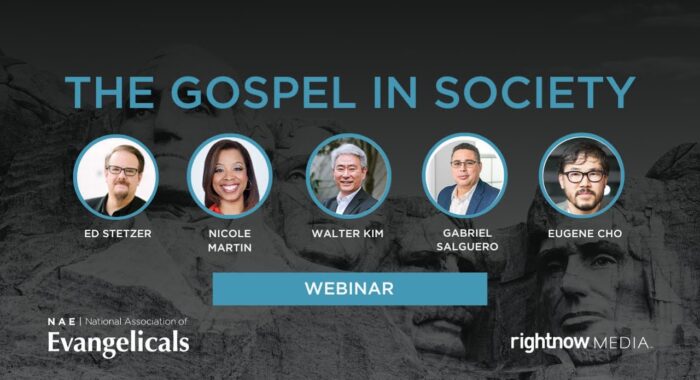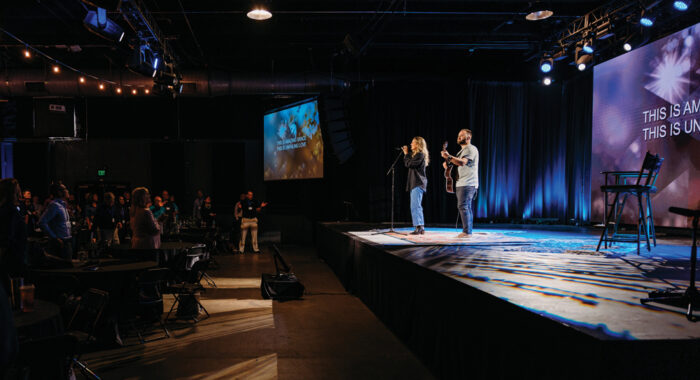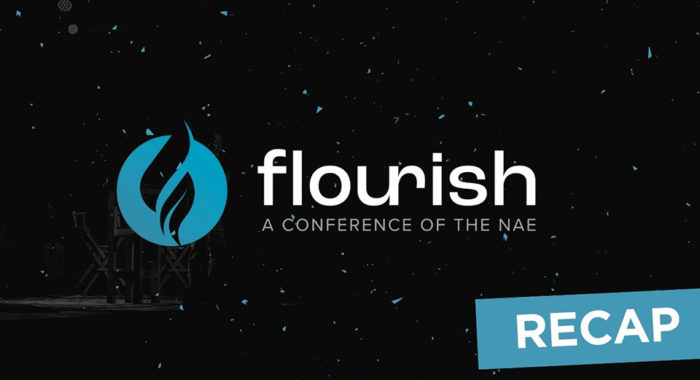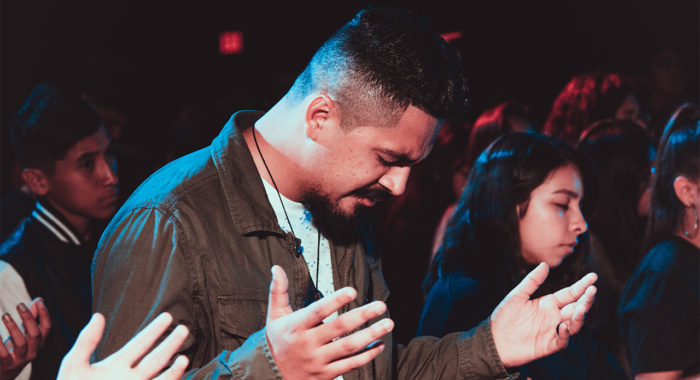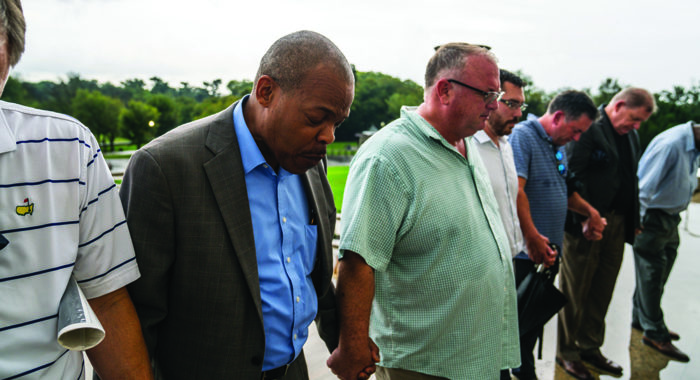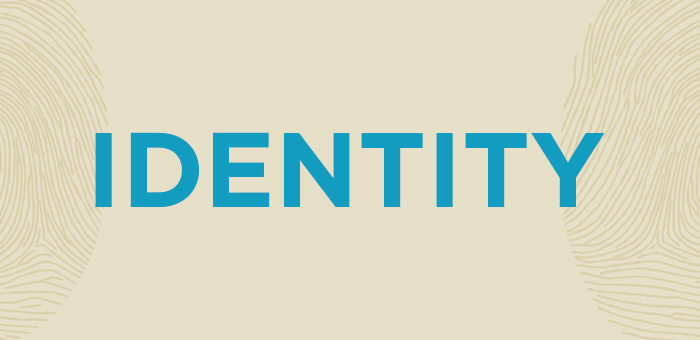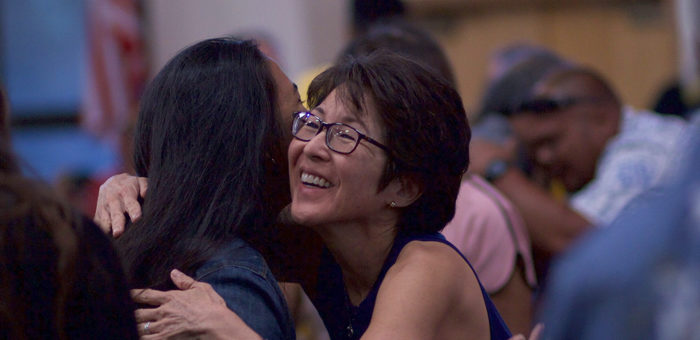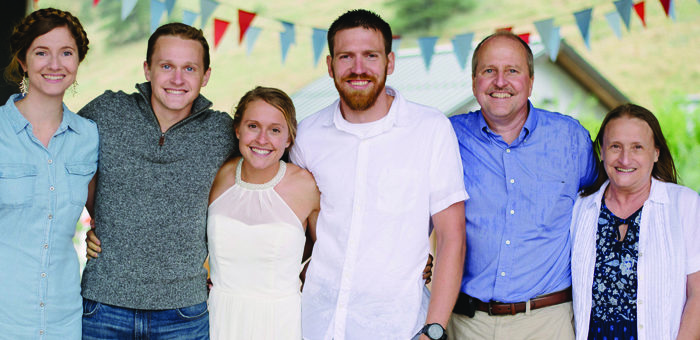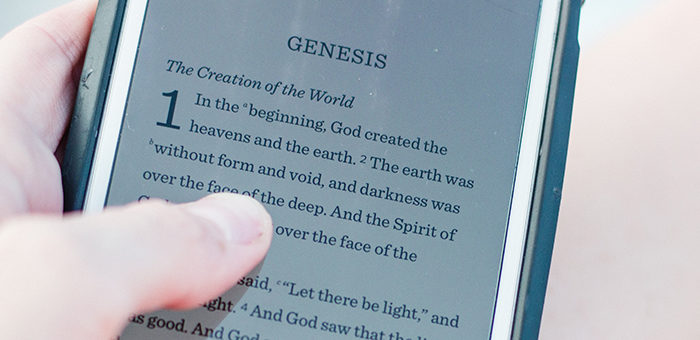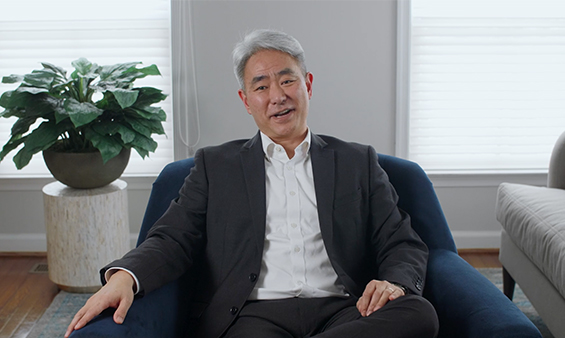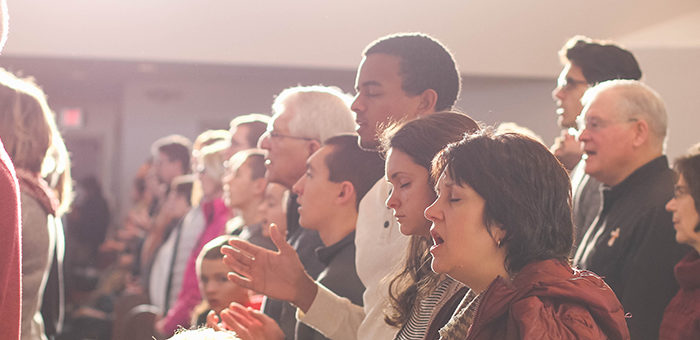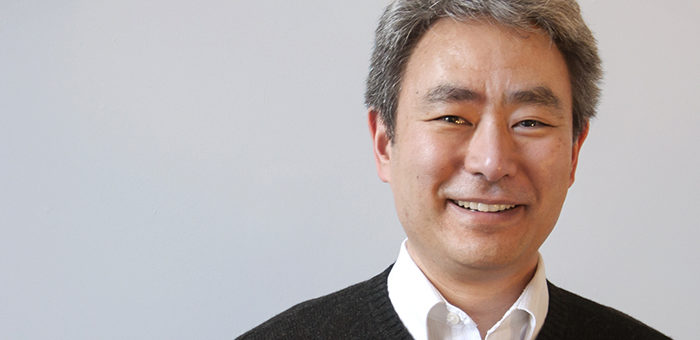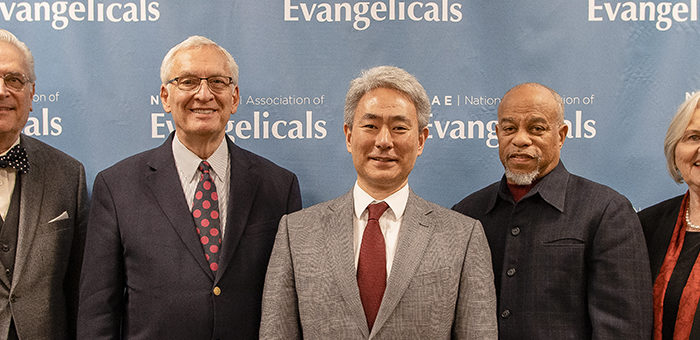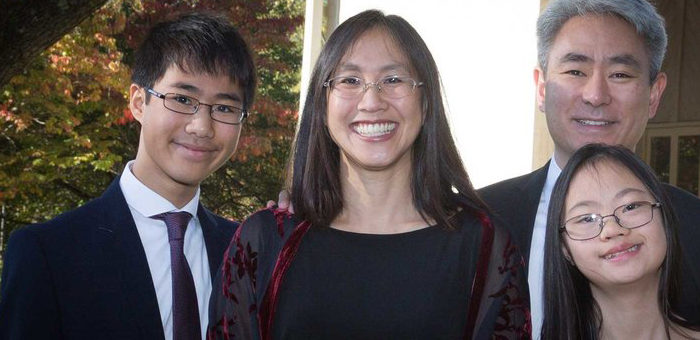“Democrats along with other global elites and deep state operatives are running a child sex trafficking, Satan worshipping ring.”
“The 9/11 terrorist attack was an inside job planned by the United States and Israel to justify the invasion of Iraq.”
“COVID vaccinations contain tiny nanochips to track our movements.”
These are all entirely false claims that are believed by tens of millions of Americans including many evangelical Christians. If you are a follower of Jesus and claim to believe that the Bible is the infallible Word of God, then truth matters to you. Or at least, truth should matter to you! After all, the word for truth is used 224 times in the Bible.
Virtually every book in the New Testament warns followers of Jesus to be on guard against false teaching and lies. This is not a marginal concern to New Testament writers; rather combatting false teaching and holding on to the truth is central to our Christian faith. So why have so many of us been swept away by conspiracies and rumors that are unsupported by an objective assessment of the evidence?
Why Do Christians Believe in Conspiracy Theories?
First, belief in conspiracies tend to spike during times of crisis, such as terrorist attacks, natural disasters, times of rapid societal change, or war. Psychologists tell us that conspiracy theories are driven by our desire for understanding. During times of rapid social change, it’s hard to make sense of seemingly random events. A conspiracy helps people “connect the dots.”
Second, conspiracy theories enable people to regain a sense of control. Social scientists tell us that people who feel powerless are more likely to believe in a conspiracy theory than those who feel a part of the power structure.
Third, conspiracy theories appeal to our pride. A believer in a conspiracy is now an “insider” and “a holder of privileged information.”
Fourth, as Michiko Kakutani, a Pulitzer Prize winning literary critic for The New York Times, pointed out: We are living in a period of “truth decay.” She wrote, “The term ‘truth decay’ has joined the post-truth lexicon that includes now familiar phrases such as ‘fake news’ and ‘alternative facts.’” Sen. Daniel Patrick Moynihan once observed: “Everyone is entitled to his own opinion, but not his own facts.” That is not the world that we live in today. Today we not only wrestle over values and moral judgments, but also over “facts.” No matter what you assert, a person can immediately find 10 videos contending the opposite.
Fifth, institutions have suffered a crisis of credibility, and we have lost “gatekeepers of truth.” From the U.S. government to the Roman Catholic Church and evangelical megachurches, almost no institution is trusted by a majority of our
fellow citizens.
Sixth, social media has “democratized” the publication of information. We no longer listen to the news on one of the three major networks. One no longer needs to vet information or get past an editorial board in order to publish information on YouTube or elsewhere.
Seventh, we suffer from the disease of “both side-ism.” We have fallen prey to the idea that to be fair, one has to listen to both sides even if “both sides” do not have equivalent credentials, expertise or access to the facts.
How Can Christians Combat Truth Decay?
It’s extremely difficult to dissuade someone who believes a conspiracy, because the person already mistrusts mainstream sources of information. Standard counsel includes checking with nonpartisan, fact-checking sites, such as Politifact, FactCheck.org or Snopes.com. While that’s certainly good to do, there’s also a biblical way to discern the truth.
In the book of Ephesians, Paul’s method for discerning truth includes a discussion about Christian community. Scripture teaches that our values and beliefs will be shaped by the community that we choose for ourselves. We need to ask ourselves: What is my community to my soul? Am I becoming a kinder person? A more joyful person? A more grace-filled person? Or am I becoming an angrier person? A more anxious and fearful person? A person filled with anger and rage? The community that we choose, and the community that we listen to will shape our values and beliefs. Our community can also be online. So we also need to ask: What is the online political or religious or social group that I’m a part of doing to
my soul?
We also need to pay attention to our hearts. Have you ever presented someone with evidence that you think would convince any reasonable person, but your argument didn’t convince them at all? The Apostle Paul tells us in Ephesians 4:17–19 that the issue of discerning what is true is not simply a matter of the intellect. There may be a “futility of their thinking.” But the deeper problem is not intellectual and will not be solved by better statistics or stronger arguments. Rather, the organ for discerning the truth is not the head but the heart, according to the Apostle Paul.
The Bible frequently points to the condition of our hearts as the reason why we are unable to hear the truth. Discerning truth is not only how much information you have in your head, but what I’ve often called “the inclination of our hearts.” Our heart inclinations are shaped by our willingness to embrace the truth. If you are a person who loves the truth — about yourself; about your flaws and your strengths; about your family; about big issues like race in our country or smaller issues like whether you’re a good listener — then you’ll receive more truth! But if you’re a person whose heart is hard to the truth — because it threatens you or threatens a personal interest of yours or your group — then the truth you have will be taken away. Set your heart on loving the truth in every area, even if it comes from sources that are unpopular with your particular circle. Be someone who loves truth and always wants more truth.
How can we determine what’s true? Choose your community wisely. Keep your heart soft. Love the truth!
This article originally appeared in Evangelicals magazine.
Rich Nathan has been the senior pastor at Vineyard Columbus since 1987. Prior to becoming the church’s first senior pastor, Nathan taught business law at The Ohio State University for five years. He has served on the National Board for Vineyard USA for more than two decades and is currently serving as the leader of the Large Church Task Force for the Vineyard. Nathan co-authored “Both And” as well as “Empowered Evangelicals.” He is also the author of “Who is My Enemy? Welcoming People the Church Rejects.” Nathan is a graduate of Case Western Reserve University in Cleveland, Ohio, and received his Juris Doctorate with honors from The Ohio State University College of Law in 1980.




 View All Articles
View All Articles 






